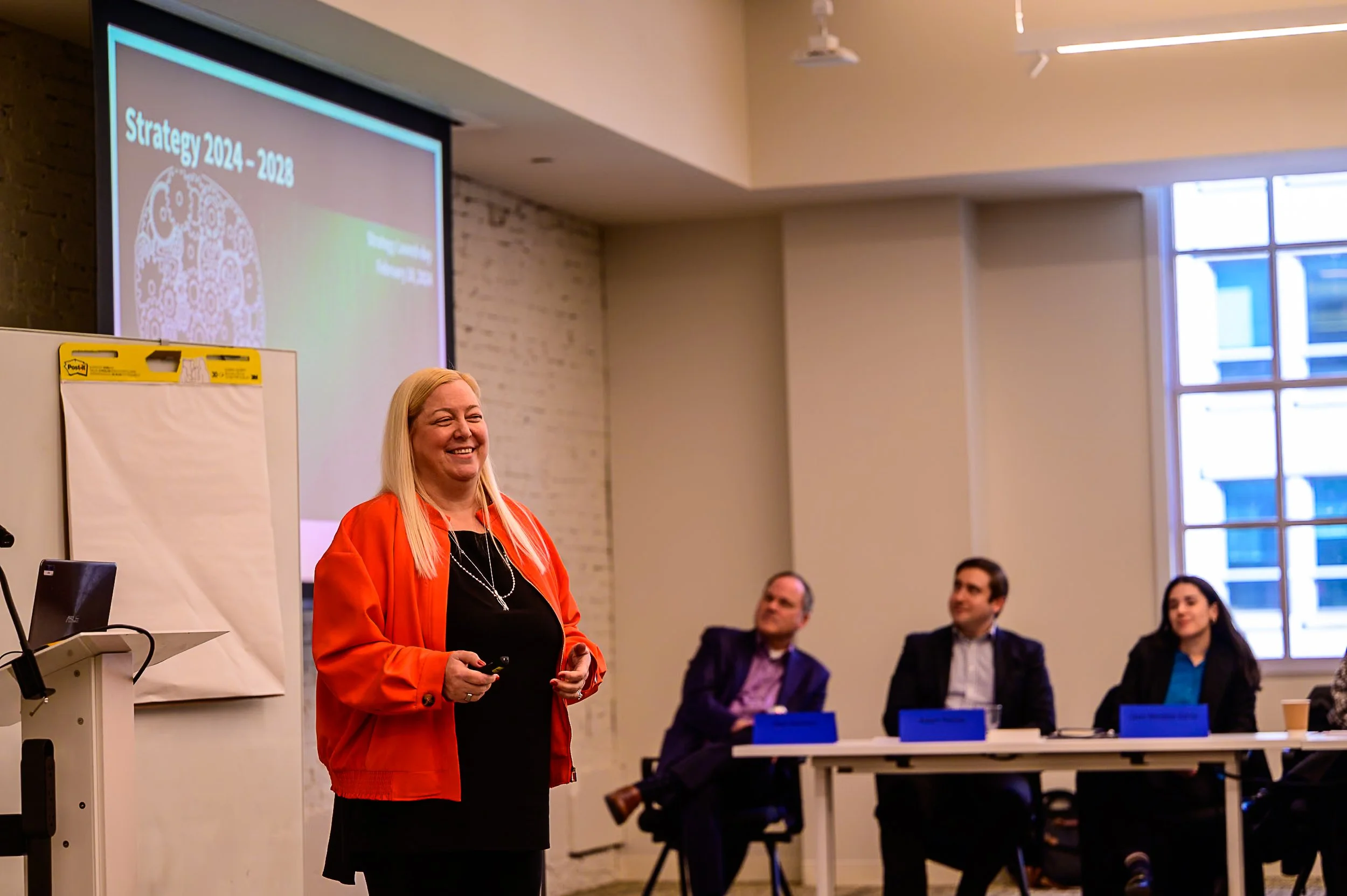
How Better Data Can Help Address Human Trafficking at the National Level
Human Trafficking is a global problem, the extent of which is not clearly understood and is difficult to measure. To tackle this issue, Arc Aspicio’s SILab hosted Innovative Ideas to Combat Human Trafficking – A Conversation in November 2019. The SILab is a knowledge hub that accelerates innovative and sustainable solutions through methods, tools, thought leadership, events, and other resources to help our people, partners, and clients solve complex problems. Nearly 30 professionals with experience combating human trafficking in law enforcement, victim services non-profits, academia, and the private sector and a survivor participated to offer strategic and actionable solutions for combating human trafficking during the event.
A common topic discussed at the event was how to use data collection and analysis to combat human trafficking at the national level. Currently, we define, collect and share human trafficking data inconsistently. Implementing local, national, and international data solutions can raise awareness and identify vulnerable populations to increase trafficking prevention, to provide information law enforcement can use to pursue exploitation in progress, and to help victims obtain justice and further their path to recovery.
Event participants identified many ideas on where data collection and analysis can make the a greater impact:
Victim Data and Story Collection – Define ways to collect victim data and stories, while protecting privacy, to gain a greater understanding of a victim’s journey
Law Enforcement Data Sharing – Increase the ability for law enforcement to collect and share data in more detail to identify trends and patterns locally, regionally, and nationally
National Data Clearinghouse – Develop a national data clearinghouse to share data amongst law enforcement, policy makers, victim services organizations, and other stakeholders with rigorous controls around law enforcement and personal data
The challenges to consistent and thorough data collection are often a matter of political will, prioritization, and resources. Technical hurdles exist, but they can be overcome. Data is a key to detection and resource allocation. It is an important tool for raising awareness, allocating additional resources, and identifying and addressing human trafficking problems in the years ahead.





















